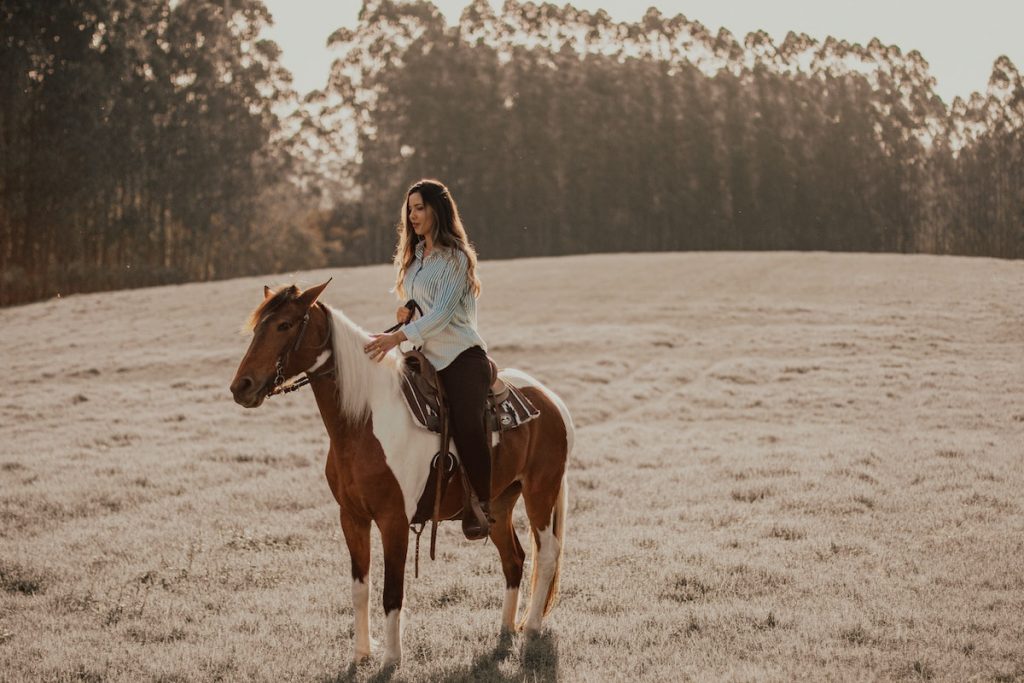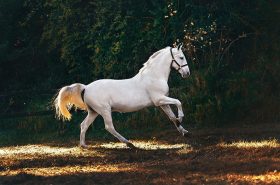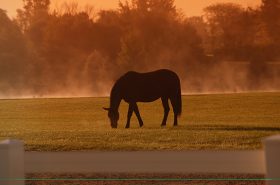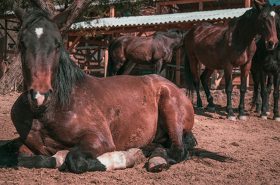Horse shopping is both exciting and daunting! These tips will help you along the way.
The horse of your dreams is out there. Sometimes, it takes a few bad apples to find the right one. Each person likely has their own definition of the perfect horse. Ask a barrel racer, show jumper, adult amateur… they will probably come up with different responses. Ultimately, that horse will be rare and special to you. They may even take a lifetime to find, but don’t give up! Your unicorn is waiting to be discovered.
Start with Some Planning
You need to contemplate your goals. Ask yourself ‘what do you want to accomplish’ and be realistic! If you’re a competitive rider, then you’ll need a horse that can keep up with your demands. On the other hand, trail riders may prefer a quieter partner that won’t spook easily.
With your goals in mind, create a checklist of traits your future mount should have. You can even rank them from most important to least. Your list may include height, body type, breed, bloodlines, age, temperament, and training to name a few. Hopefully, this keeps you on track for finding the right one! So often, buyers get wooed in by a flashy horse that they toss everything else out the window. Don’t make that mistake.
Budget is usually a large factor when buying. With unlimited funds, you may be able to check off every trait on your list. Unfortunately, most of us have to compromise in order to afford a new horse. What will you sacrifice? Training, age, breed… Make sure you don’t give up something essential. A young horse may be too much for a newer rider to handle, even if they check off most of the other boxes.
Enlist an Expert’s Opinion
Your trainer or instructor should be able to offer you valuable advice when looking at a potential prospect. They should know your riding capability and offer their honest feedback. Furthermore, they should be able to notice red flags like a drugged horse or swelling in the joints. If they can’t see the horse in person, ask if they can observe the horse move through videos or pictures. It’s always helpful to have a second set eyes on the horse.
Be Observant
For starters, try to see the horse in their stall, field, and cross ties. You should observe their behavior interacting with other horses and being alone. This also gives you an insight into their personality. Next, watch them be saddled up and ridden by the owner first. Use this time to really watch for subtle signs of anxiety or discomfort.
When you go to try a horse, you need to keep focused. Don’t let the excitement of buying inhibit you from seeing red flags. And if it’s too good to be true, then chances are something is wrong. It’s important to trust your instincts. Additionally, try to see the horse multiple times before you make a decision. That may not always be possible though.
Don’t Skip the Pre-Purchase Exam
Even if you have a tight budget, don’t cut corners by skipping a veterinarian exam. Your vet will help identify soundness issues both present and possible future ones. Consider it a type of insurance! Buying a horse with serious health issues can result in heartbreak and headaches.
Written Agreements
Nowadays, be wary of handshake deals. It’s a safer bet to have everything clearly written out. That protects you and the seller from potential issues that could arise. Some important things to include are an accurate description of the horse, the price, when the horse will be moved, and any trial terms. For registered horses, make sure the papers come with them and can be transferred.
No horse is flawless! In your search for a magical unicorn, keep an open mind. Make sure you value your needs over wants. And remember this, only you can define your “perfect” horse. What suits you may not work for the next person.




